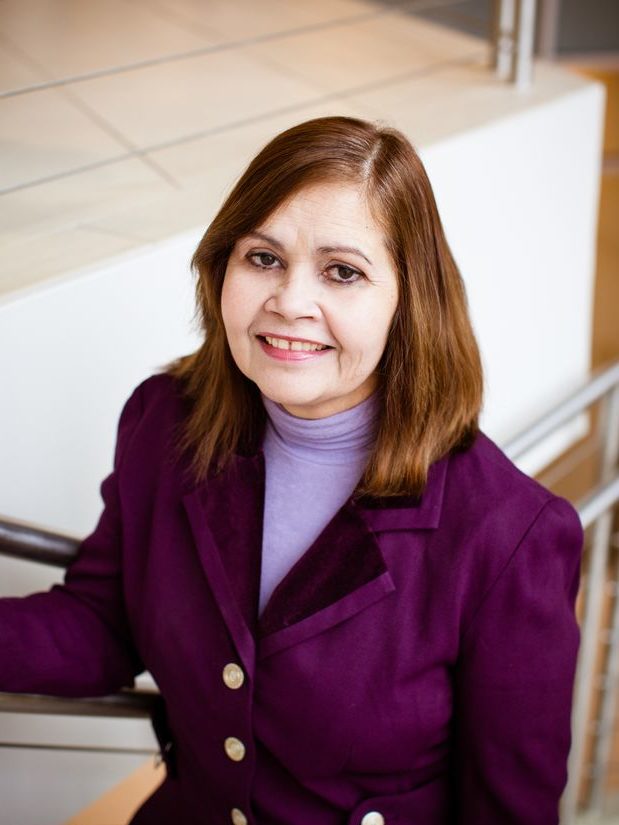What is the true mission of higher education, beyond teaching students academic skills? That question has been debated in America for decades. In 1947, President Truman’s Commission on Higher Education released a report entitled “Higher Education for American Democracy.” The report stated that “the first and most essential charge upon higher education is that at all levels and in all its fields of specialization, it shall be the carrier of democratic values, ideals, and process” (1947, Vol. 1, 102).
Six decades later, this same message was voiced again in A Crucible Moment: College Learning and Democracy’s Future, a report commissioned by the Department of Education and released at a White House event in January 2012. Presenting evidence on the anemic civic health of our nation, the report calls for investing in renewing our nation’s social, intellectual, and civic capital. It argues that we should not limit the mission of higher education to merely workforce preparation and training, but rather invest in preparing students to act to strengthen our communities through civic learning. The report states:
Civic learning that includes knowledge, skills, values, and the capacity to work with others on civic and societal challenges can help increase the number of informed, thoughtful, and public-minded citizens well prepared to contribute in the context of the diverse, dynamic, globally connected United States. (https://www.aacu.org/publication/a-crucible-moment-college-learning-democracys-future)
According to the report, “just over one-third of college faculty surveyed in 2007 ‘strongly agreed’ that their campus actively promotes awareness of US or global social, political, and economic issues” (p.6). The longer students stay in college, the wider the gap becomes between their endorsement of social responsibility as a goal for college education–which increases throughout four years of college–and their assessment of whether the institution provides opportunities for growth in this area, which decreases between their first and senior years.
In order to equip students with the ability to think and act as responsible citizens, A Crucible Moment recommends moving beyond civic education as the domain of certain disciplines and taught exclusively from a theoretical perspective. Instead, it calls on higher education institutions to: foster a civic ethos across all parts of campus and educational culture; make civic literacy a core expectation for all students; practice civic inquiry across all fields of study; and advance civic action through transformative partnerships, at home and abroad.
As part of the recommendations to promote a civic ethos on campus, the report suggests that higher education institutions “delineate multiple educational pathways in the curriculum and co-curriculum that incorporate civic questions, pedagogies, and practices for all students” (p.36). One of the pedagogical approaches endorsed was service-learning, which is regarded as a powerful curricular tool for promoting multiple dimensions of civic learning and engagement.
In particular, critical service-learning elevates the academic experience by encouraging critical consciousness, “allowing students to combine action and reflection in classroom and community to examine both the historical precedents of the social problems addressed in their service placements and the impact of their personal action/inaction in maintaining and transforming these problems” (Mitchell, 2008, p.34). In addition to course-specific material, learning outcomes include fostering awareness of community strengths and challenges, social and economic diversity and disparities, as well as encouraging students to develop a sense of civic responsibility and the personal and professional skills they will need to effect positive changes in their communities throughout their lives. For example, students working to create a community garden investigate the factors leading to food deserts and partner with community members to devise strategies for ensuring continued access to quality, affordable produce. As students examine the root causes of problems in real life settings and are challenged to work collaboratively to formulate solutions, they learn important lifelong lessons on how to apply their professional knowledge and skills for the betterment of their communities.
Such an approach is also consistent with what employers expect from their workforce today. Data gathered by Hart Research Associates (2010) show that employers want to hire individuals who are not only proficient in technical skill, but also possess skills in critical thinking, analytical reasoning, applied knowledge in real life settings, ethical decision-making, complex problem solving, and intercultural competence; Research studies documenting the benefits of service-learning attest to its effectiveness in promoting desirable learning outcomes such as these (Eyler & Giles, 1999; Astin et al., 2000; Steinke, 2002). Surveys administered each semester at TCU have consistently shown that students credit the service-learning experience with enhancing their cognitive, social and civic skills.
At TCU, service-learning pedagogy has been adopted by faculty members in every college. Whether assisting French-speaking refugees in acclimating to a new life, capturing the oral history of civil rights leaders, or counseling older adults on healthy dietary and lifestyle choices, students are helping create positive change in their communities while also developing into capable professionals and responsible citizens. Through service-learning we can empower students to realize the true democratic mission of higher education.
References
Astin, A., Vogelgesang, L., Ikeda, E., & Yee, J. (2000). How service learning affects students. University of California, Los Angeles: Higher Education Research Institute.
Eyler, J., & Giles, D. (1999). Where’s the learning in service-learning? San Francisco: Josey-Bass.
Hart Research Associates. 2010. Raising the Bar: Employers’ Views on College Learning in the Wake of the Economic Downturn. Washington, D.C.: American Association of Colleges and Universities.
Mitchell, T. 2008. Traditional vs. critical service learning: Engaging the literature to differentiate two models. Michigan Journal of Community Service Learning, Spring, 50-66.
National Taskforce on Civic Learning and Democratic Engagement. 2012. A Crucible Moment: College Learning and Democracy’s Future, Washington, D.C.: American Association of Colleges and Universities. Steinke, P & Buresh, S. (2002). Cognitive outcomes of service-learning: Reviewing the past and glimpsing the future. Michigan Journal of Community Service Learning, 8(2), 5-14.
President’s Commission on Higher Education. 1947. Higher Education for American Democracy Volume 1. New York: Harper and Brothers.



This article was written by David Aftandilian, PhD, Sociology and Anthropology; Rosangela Boyd, PhD, Center for Community Involvement & Service-Learning; Lyn Dart, PhD, Nutritional Sciences for the Spring 2013 Issue of Insights Magazine.